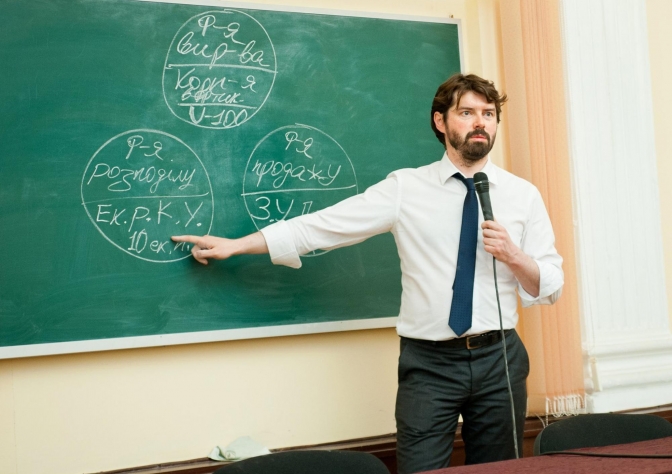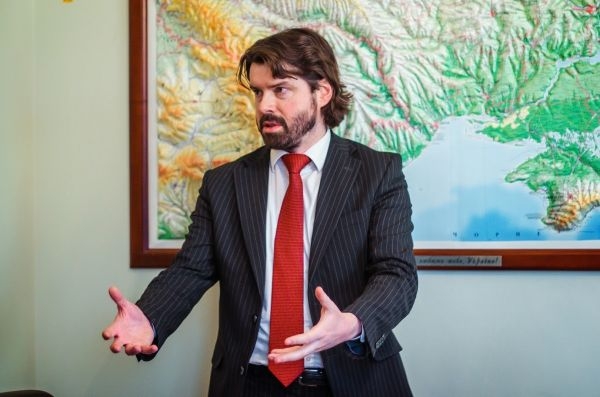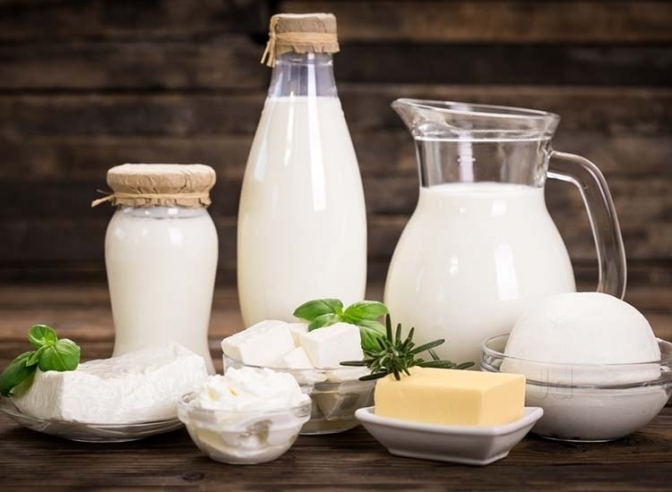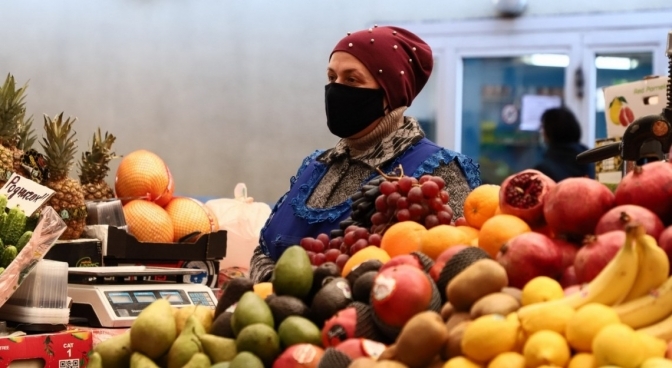

Why are prices rising in Ukraine?
«Inflation has two types: demand inflation and supply inflation. We now have supply inflation, meaning that producers have significantly increased the cost of production due to a sharp rise in energy prices. And energy is a mandatory element of the cost of all goods and services without exception. Neither the manufacturer nor the trader can work at a loss. When the cost has increased, they are forced to raise the price. This is the cause of inflation in Ukraine.
«At the same time, either without understanding or with special harm, the National Bank of Ukraine (NBU) is fighting inflation by raising the discount rate (recently it was raised again to 10%). However, raising the discount rate will not reduce gas prices. By raising the discount rate, you can only fight demand inflation. Demand inflation is when people have a lot of money on hand and they increase the demand for goods and services by purchasing them.
«This is not about the current situation in Ukraine. Ukrainians today do not have extra money, especially during the heating season. People spend almost all their money on basic necessities: food, housing and communal services, transport and communications.
This can be verified by the fact that when the devaluation of the hryvnia resumed, there was some panic, but there was no excitement about the currency: I did not see a queue of any exchange office, even four or five people.»

Should we expect prices to fall in April, when so much gas will no longer be needed?
«Of course, when the cost decreases, there is at least an opportunity to avoid raising prices. As a rule, the market has such a tendency that if goods or services are already bought at new, higher prices, then neither producers nor traders want to reduce them again.»
How has purchasing power parity changed recently?
«When the growth rate of prices is higher than the growth rate of income, purchasing power decreases. That is, for even nominally more money we can buy fewer goods and services. This is exactly what is happening in Ukraine now. In addition, the structure of consumption changes depending on the prices of certain goods and services. For example, recently, the prices for meat and dairy products and eggs have risen quite sharply. Of course, consumers buy less of these products – more of those that are cheaper.»

Are prices related to the exchange rate and news of hypothetical Russian aggression?
«When there is a devaluation of the hryvnia, i.e. the appreciation of foreign currencies, then, of course, this leads to an appreciation of imported goods, because we buy them for foreign currency. As a result, this leads to higher prices for domestic goods and services.
So far, we can say that the devaluation that has taken place was insignificant.
«We are already accustomed to a completely different amplitude of devaluation. In our country, a devaluation of three to five per cent is perceived as the norm, although it is wrong and it is far from the norm. For hard currencies, such a devaluation is already a shock, a collapse.
«The devaluation of the hryvnia is the devaluation of our income, namely the reduction of our purchasing power, which, in turn, leads to lower domestic consumption, lower GDP (gross domestic product – one of the most important indicators of economic development, which highlights the output of all people in the state – ed.).
«Actually, the hryvnia is devaluing artificially. The devaluation takes place in the interbank foreign exchange market, where banks trade with each other. I understand that due to the accumulation of Russian troops near the borders of Ukraine, players on the foreign exchange market decided to speculate well with currency to earn on the course. Only those who have primary information on how the National Bank of Ukraine (NBU) will act every trading day can make currency speculations. And this is impossible without the knowledge or participation of the NBU leadership.
«In case of any excessive fluctuations in the exchange rate, the National Bank must repay them with gold and foreign exchange reserves. However, the institution does not do it in sufficient numbers, although it has every opportunity to do so. We now have record gold and foreign exchange reserves.
«It seems to us that the difference in the exchange rate of 20-30 kopiyky (coins) is a little, but when hundreds of millions of hryvnias are traded during a trading day, these kopiyky turn into tens of millions of hryvnias of earnings from nothing. And we, the consumers, end up paying for it all.»
Can you predict what will happen to prices during the month?
«If there is no major devaluation of the hryvnia, then, in principle, little will change in a month. The heating season will continue, and Ukrainians will continue to spend huge sums on utilities. Therefore, prices should remain at about the level of January-December, unless, of course, there is no force majeure.»

How do you assess the idea of introducing product cards?
«I believe that this idea was not prepared and presented correctly. Its authors took as a model the alleged American version, but named and presented it as «food cards». Because of this, Ukrainians, residents of the former Soviet Union, have an association with a huge food shortage. It was because of the shortage of products that food cards appeared once. Thus, the Soviet state distributed food among the citizens.
The American option is to help the needy in this way, usually the unemployed. Not everything can be bought with these cards, no alcohol, no tobacco – only vital products.
It would be worthwhile to offer this to us as an American version, but call them definitely not «food cards», but «social» or «product» cards.
«This type of assistance from the state is normal, but you need to expand the list of goods that can be purchased for product cards, including medicines.
«One of the key roles played by the state is the social function, which in one form or another is carried out in almost all countries. For example, subsidies are the same social support for the poor.»

Is it realistic to avoid a sharp rise in prices by giving up Russian gas?
«Absolutely real. Ukraine is a producer of all types of energy resources: gas, electricity and fuel. We can increase this production. First of all, it would be worth changing the situation in the energy market, from which this cost chain begins. Then increase our own energy production (all types of energy resources) and finally change the tariff formula.
«Now, in Ukraine, there is a formula with the so-called import parity. We take the import price on the European hub and set a similar tariff: 1000-1200 dollars per cubic meter.
«This approach needs to be changed by abolishing the principle of the «Amsterdam Plus» formula [From April 2017, the price of natural gas for the population is determined by the following formula: the average value of the price of natural gas at the Dutch gas hub (TTF) plus the cost of delivery of this gas to Ukraine – ed.].
«We need to return to the «cocktail principle» – a gas cocktail, an electric cocktail, where ⅔ is our price, roughly speaking, $100 per cubic metre and ⅓ is the price on the European market. Then the total price of gas would now be a maximum of $400 per cubic meter, not $1000.»
Roman Tyshchenko-Lamansky, translated by Vitalii Holich
You can read a Ukrainian language version of this story here.
Follow Lviv Now on Facebook and Instagram. To receive our weekly email digest of stories, please follow us on Substack.
Lviv Now is an English-language website for Lviv, Ukraine’s «tech-friendly cultural hub.» It is produced by Tvoe Misto («Your City») media-hub, which also hosts regular problem-solving public forums to benefit the city and its people.












